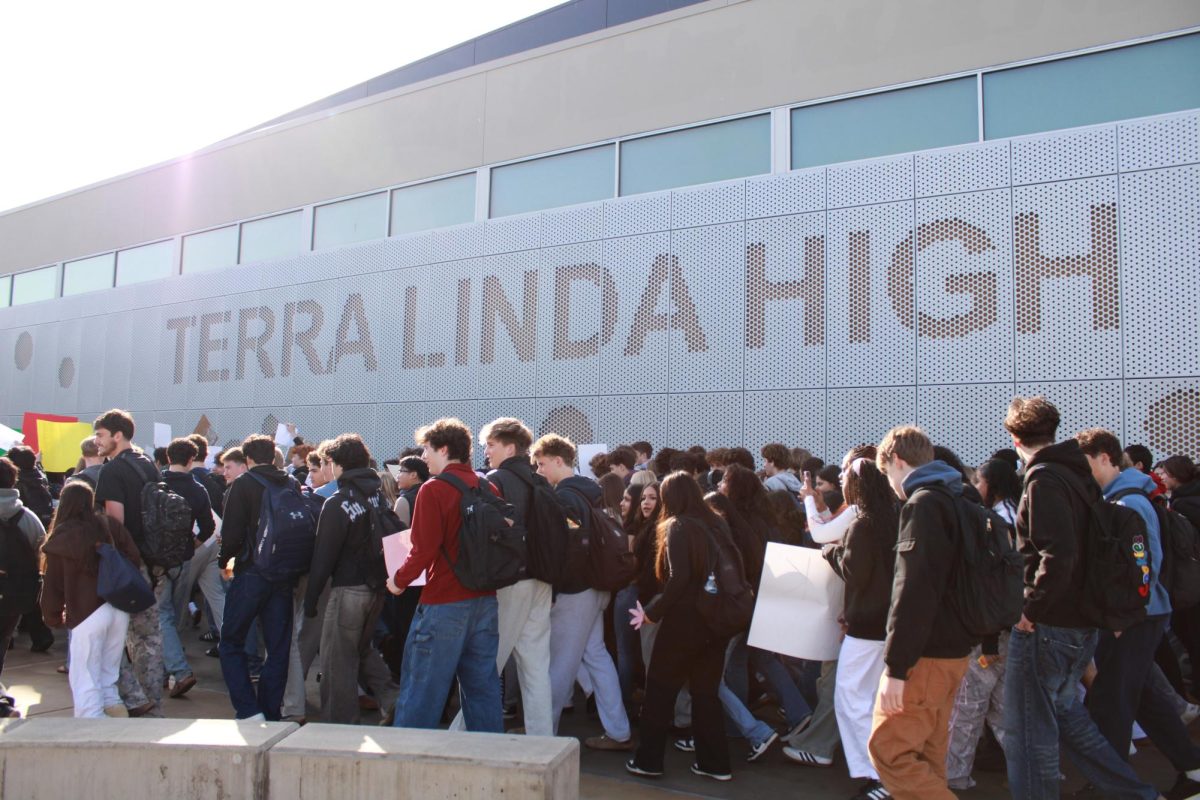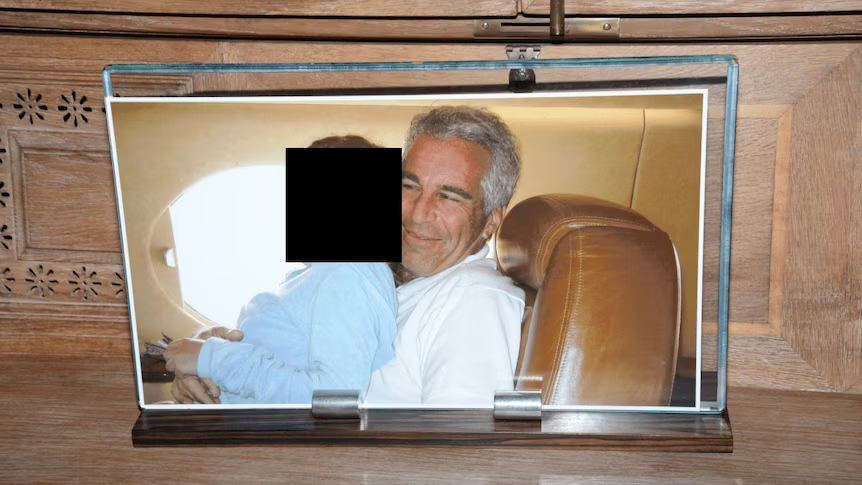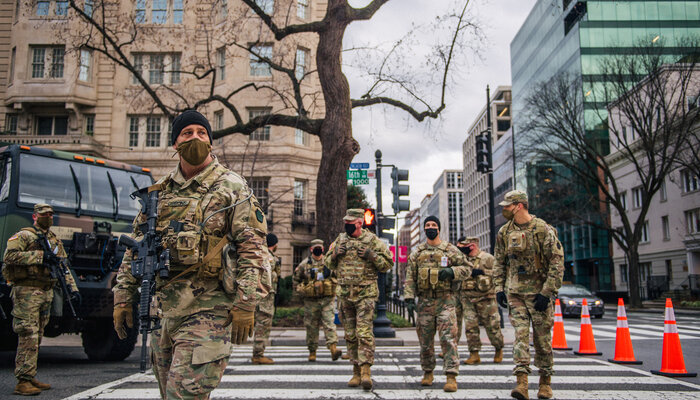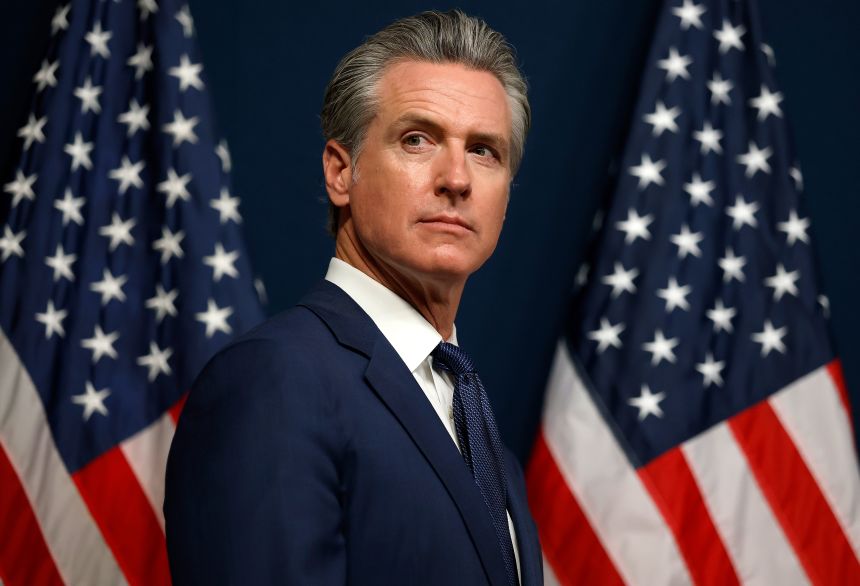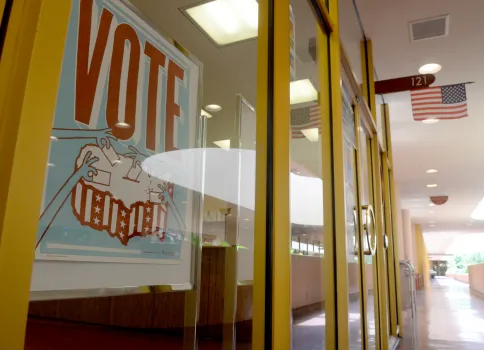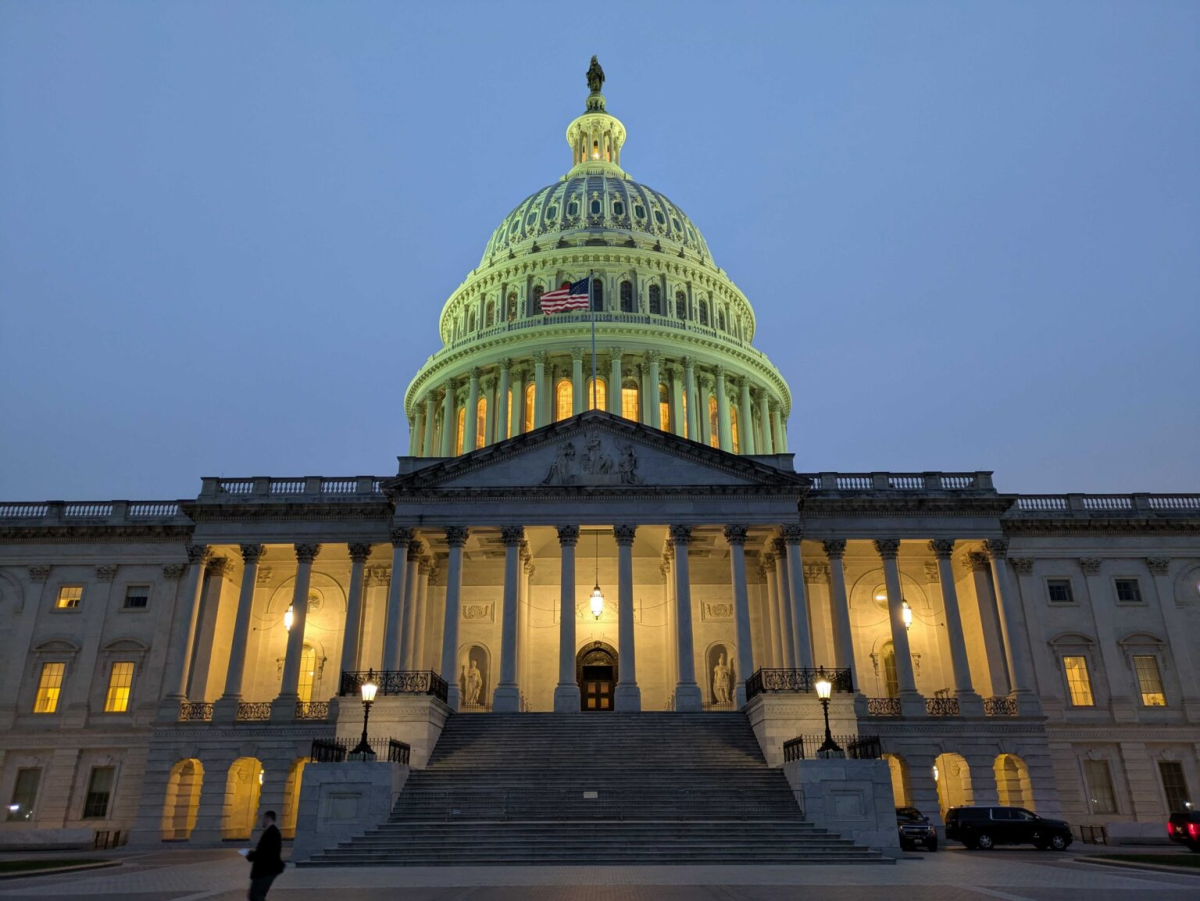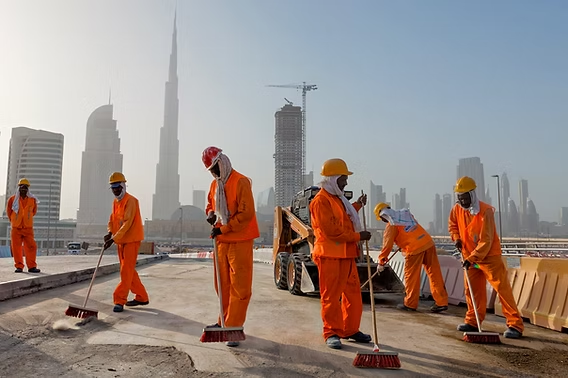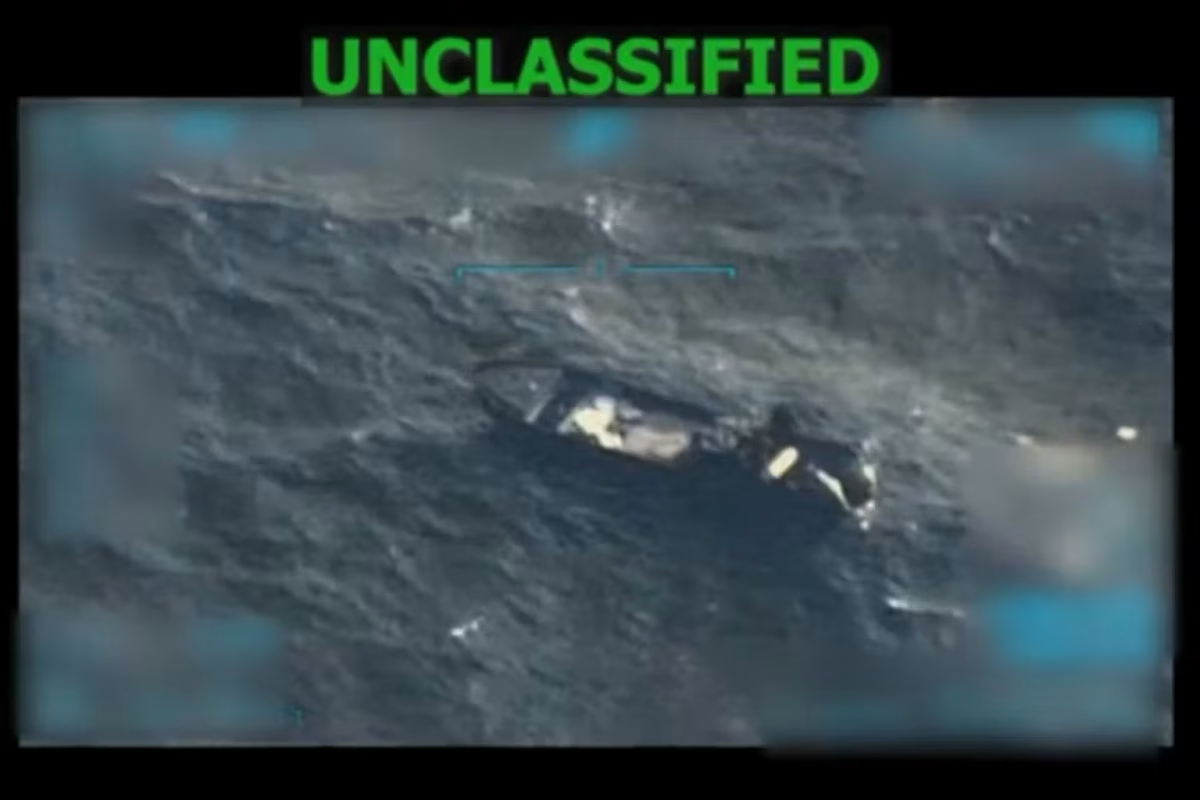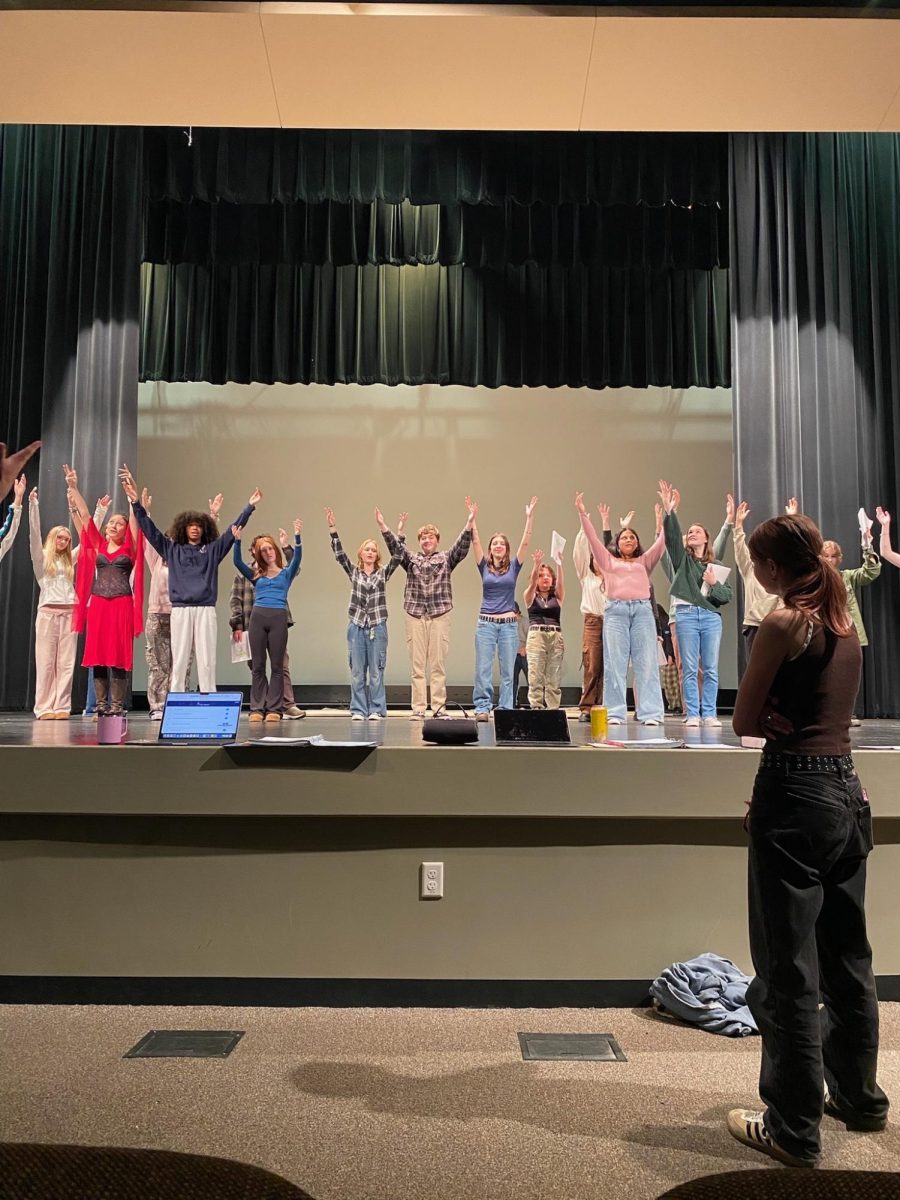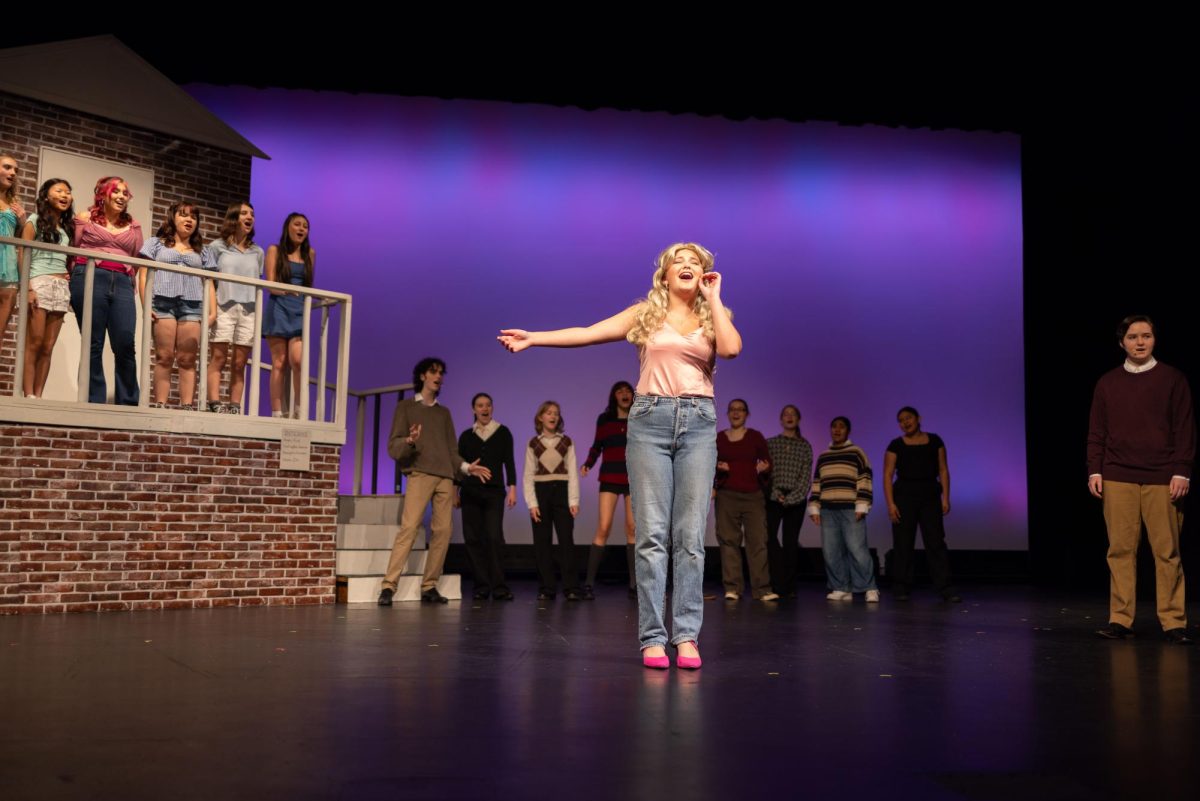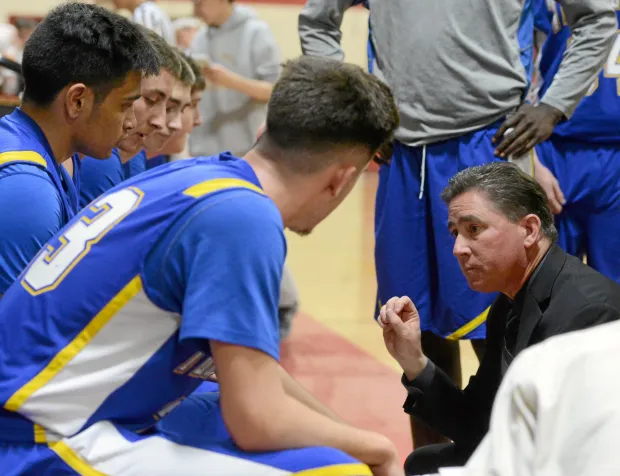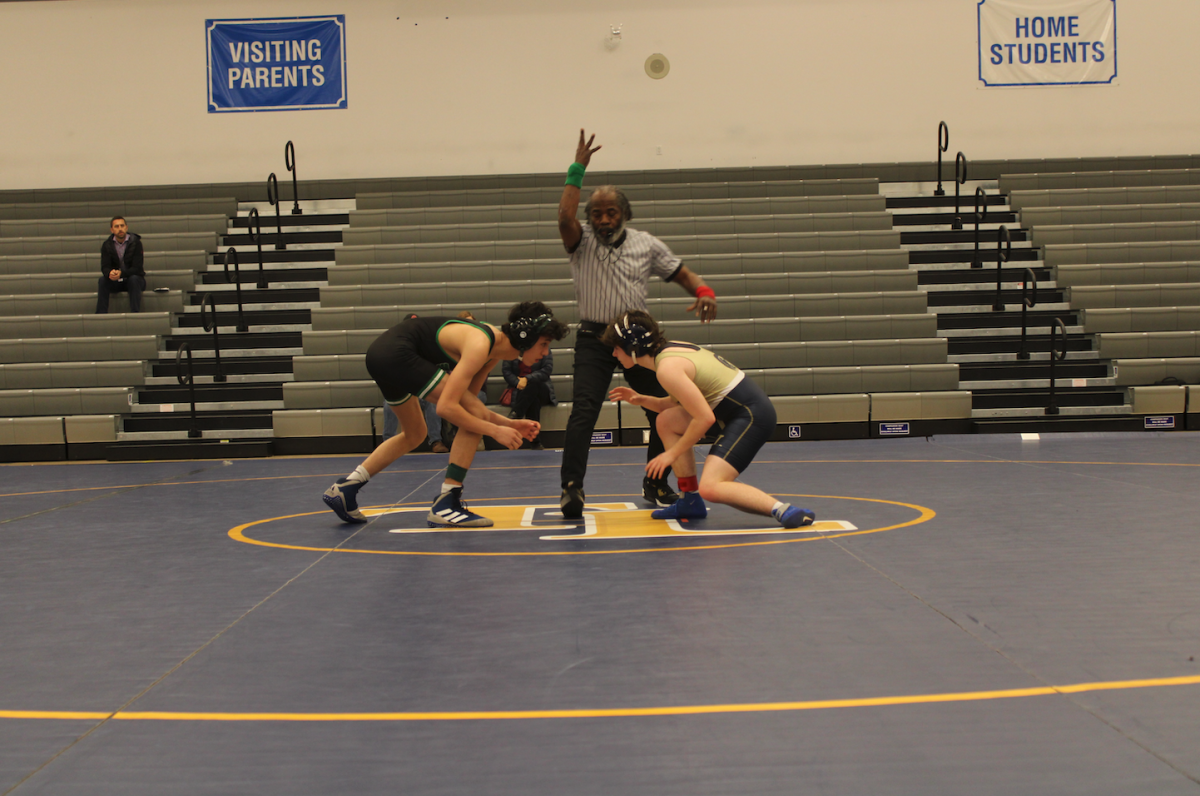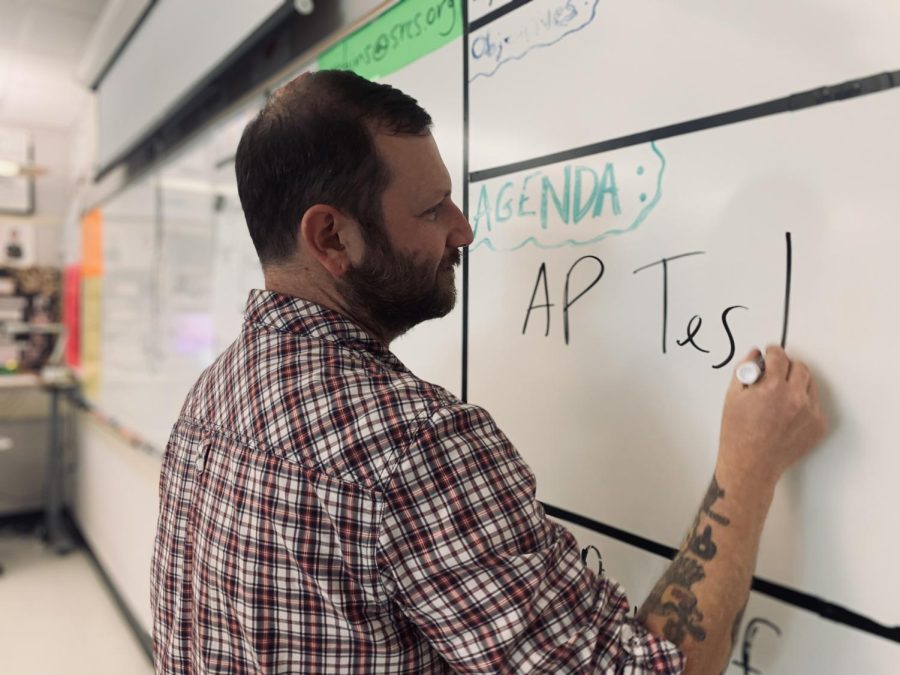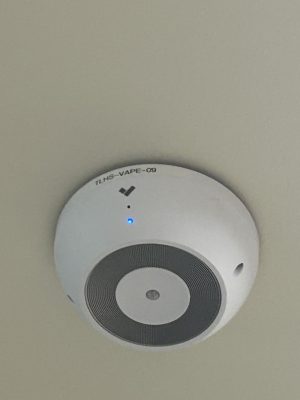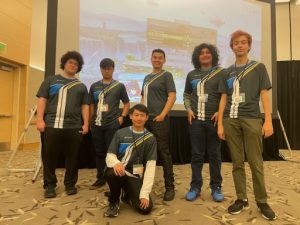Protection or Absolution: Tenure at TL
May 5, 2022
No one is perfect, teachers are often overlooked when it comes to disciplinary action. With teachers and staff returning to school from a long couple years of working at home, it is hard to cope with the overwhelming needs and disruptive behavior distributed among students at Terra Linda.
The tenure system was developed in the mid-1960s by American universities. Most students at our school don’t know what tenure means. And some of the students believe that it’s simply when a teacher has taught for 10 years and that they can’t be fired. Tenure is a very controversial topic when it comes to whether students are comfortable with some teachers’ conduct and classroom management.
During an interview with Ms. Reid, a math teacher here at Terra Linda identified how a teacher can qualify for the tenure program. She outlined, “you have to work for a successful two years, meaning the teachers will be evaluated frequently by the principal and the administration.”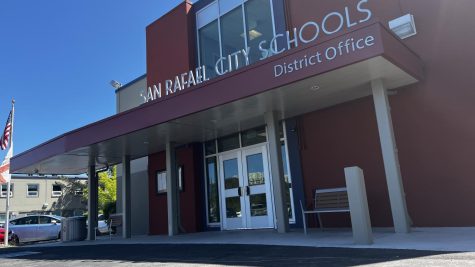
Reid then continued, “If you’re tenured at one school and then transfer to a new school, they’ll have to start the process all over again for another two years, but teachers won’t have to take the PTA [Parent Teacher Association] course again,” which is required for teachers to take the first time around.
As mentioned by Reid, universities have similar policies set in place by their administrations. Professors that taught at institutions and universities during the mid-1960s did not have the freedom to express politics, civil rights, and other topics that may be sensitive to certain groups of people; this concern has since been addressed by the tenure.
Reid recalled how becoming tenured can make some teachers less motivated in their teachings. “For some teachers, it did affect their teachings and lack of responsibility they are expected to have.” Reid emphasized “knowing that you have academic freedom, and security in your job is a nice feeling, so, teachers often would let their guard down, thinking no one is watching or observing.” Even when you have tenure you are still observed and watched by the administration just not as closely or frequently.
In an interview with David Tow, an AP English Language & Composition and MSEL teacher, he recounted that in 2016 he went on this 3 months educational trip to Finland. He was also involved with this program called “Fulbright State Wish Award In Teaching.”
There are protocols in Finland with schools and education that differ from California schools. As Tow stated, “they’re easily translatable back to our education system.” Tow then added, “they have a very limited version of tenure, it is much weaker in the sense of security the teachers may have it harder to come by. Only about the top 10% of the graduating position makes it into teaching.”
A junior at Terra Linda, Hannah Hood, adds her opinion, “students’ voice is not as powerful when it comes to the tenure process.” A common dilemma is when the tenure process needs to be upheld. Hood also wanted to add, “after they get tenured they should be re-evaluated to make sure they are still doing a good job.”
The tenure system isn’t always beneficial to the education system, it takes time to be able to officially fire someone even though they might really deserve it. When a teacher does something that puts their job in jeopardy, the process that the administration takes is long and lengthy, which often comes with rumors and speculation among the school community.
The tenure is not perfect, however, it does lay down rules, guidelines, and formats for how the administration must follow in order to perform an investigation or to follow through with any disciplinary action. With problems comes a lot of paperwork, and time; and the actual removal of a teacher can take upwards of one to two years; if not more. Tenure is a process that is upheld by both the Teachers and Administrators.
Student expectations for the tenure process should be minimized as much as possible as there are no guarantees for an outcome. Not all teacher disciplinary actions require tenure to intervene and “protect” them. In most cases all issues are dealt with through administration.


